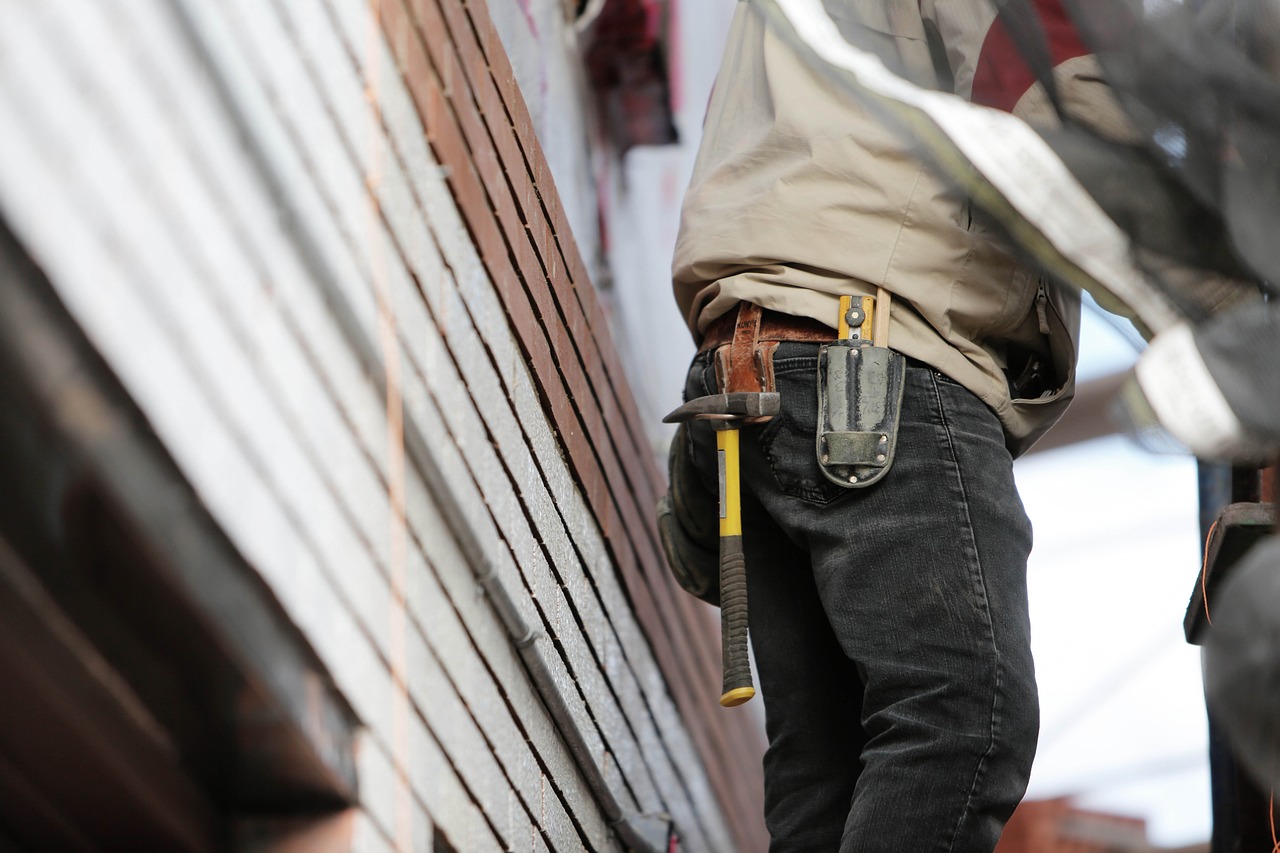What is a Bona Fide Sub-Contractor (BFSC)?
You may well ask, this is something that causes so much confusion, and in many cases, there isn’t always a straightforward answer to it. However, we will pick apart “What a Bona Fide Sub Contractor” is as opposed to a Labour Only Sub Contractor.
A Bona Fide Sub-Contractor is someone or a company that is completely autonomous that works under their own control; they have their own employees, usually responsible for their own health and safety, provide their own tools, plant, equipment and materials and will invoice the main contractor or their employer for the total value of the job once completed.
So there we go, quite straight forward really.
However, let’s expand a little because, as usual, things are not always that clear cut, and confusion can arise as to whether what is being assumed to be a Bona Fide is actually a Labour Only Sub Contractor.
Understanding what a Labour Only Subcontractor is makes it easier to distinguish between the two. A Labour Only will usually be employed, say, on a day rate; they are providing labour only to you as their employer, they are under your instruction or direction, and you are responsible for their health and safety; in fact, they are viewed as an employee as far as insurance cover is concerned.
What does a Bona Fide Sub-Contractor do?
When discussing someone or a Bona Fide Subcontractor’s business, we usually discuss someone in the construction sector. This could be a Roofer, Tiler, or perhaps a Scaffolder, but it could be anyone who provides a service that is employed generally to carry out a single or set of work that could be a single contract in its own right and is responsible from start to finish.
Before a Bona Fide Sub-Contractor starts work, they have usually provided a quote or estimate or gone through a tender process; this is accepted by the employer or principal contractor, and it’s then up to them to conclude the contract as quoted to completion if there are issues with the work or snagging needs to be done it’s the sub-contractors responsibility.
Once they have accepted the contract, it’s up to them to arrange their own Risk Assessments or whatever else may be required to start the job; sometimes, they may be working under the main contractor’s RAMS.
The bona fide contractor will have quoted the job to include all materials, labour, etc. If certain items of plant or equipment are required, this could be hired in, all under their control, not the main contractor. Notably, the BFSC will be responsible for providing insurance cover for their own business.
This will include Public Liability & Employers Liability but might also include Contract Works Insurance, Contractors All Risks Insurance, and Professional Indemnity.

Whilst the main or principal contractor will have their own covers in place, it is usually a requirement that the Bona fide contractor will have to have at least the same amount of cover unless agreed otherwise. This is typically referred to as a Bona Fide Subcontractor Condition.
If the main contractor has a Public Liability Insurance limit of £2 million, then it is expected that the same level of cover is in place by the Sub-Contractor.
In conclusion, a Bona Fide Sub-Contractor should be easily identifiable; however sometimes, it can be challenging as there can be cross-overs where a Bona Fide and a Labour Only could be doing the same thing.
It’s important that you get the differences right, though, because if you don’t, an insurer could be pretty awkward in the event of a loss; declaring mainly BFSC when they should be LOSC not only can make a considerable premium difference but you are not presenting the risk correctly. This is called fair presentation, the basis on which your insurance is provided. Essentially, you must give an honest and fair description of your business.
Getting clear and knowledgeable advice is essential; every business is different, and work in the contracting sector can throw up all manner of complexities. At Real Insurance, we are specialists in the contracting trades and the construction sector; whether you build walls or bridges, let us help you get your insurance right from the start.




